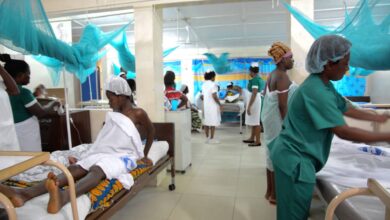‘Reducing Malaria Cases Could Add $142.7Bn to Malaria-Endemic Economies by 2030’

Eliminating malaria at scale could deliver a powerful economic boost for malaria-endemic countries, adding an estimated US$142.7 billion to their collective GDP by 2030, according to Vestergaard CEO Amar Al.
Speaking to mark World Malaria Day 2025, Mr. Al said reducing malaria cases by 90% within the next five years would not only save millions of lives but also unlock significant economic growth and expand international trade by US$80 billion.
“These are not abstract numbers. They represent real, tangible benefits for individuals, businesses, and economies around the world,” he stated, citing findings from Oxford Economics Africa.
Malaria continues to claim nearly 600,000 lives annually, most of them children under five, despite major progress over the past two decades. Since 2000, collective efforts have prevented 2.2 billion cases and 12.7 million deaths, with 45 countries and one territory now certified malaria-free.
Vestergaard, a global health company specializing in disease control products, is leading innovation efforts to accelerate malaria elimination. The company has scaled up production of its next-generation PermaNet Dual mosquito nets — capable of reducing malaria cases by up to 75% — and is advancing plans to establish a manufacturing facility in Nigeria, the country hardest hit by malaria.
Mr. Al stressed that with sustained political will, strong financing, multisectoral collaboration, and local leadership, malaria elimination could not only save lives but lift millions out of poverty and boost long-term development across Africa and other affected regions.
“The fight against malaria is an economic imperative. The returns on investment will ripple through communities, supply chains, and global markets. Now is the time to act boldly and finish the job,” he concluded.




